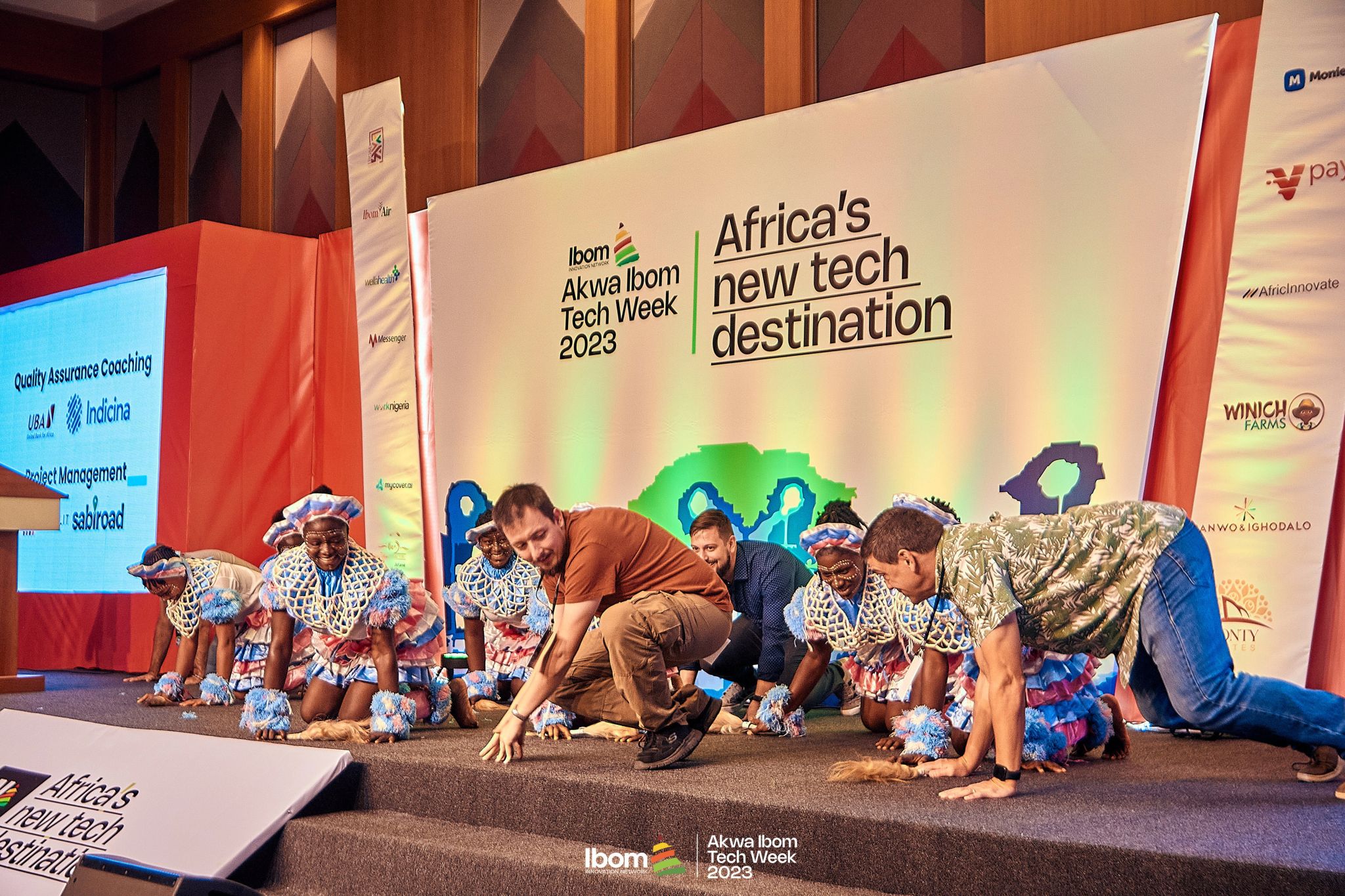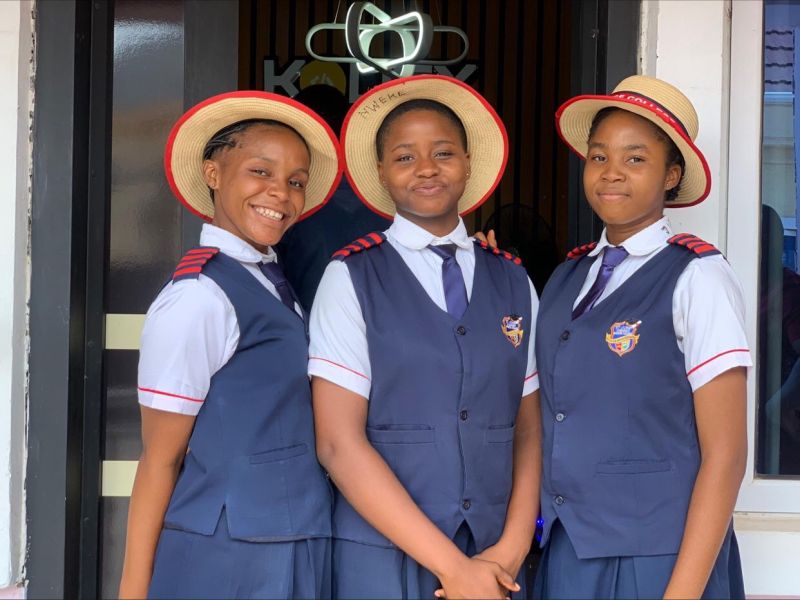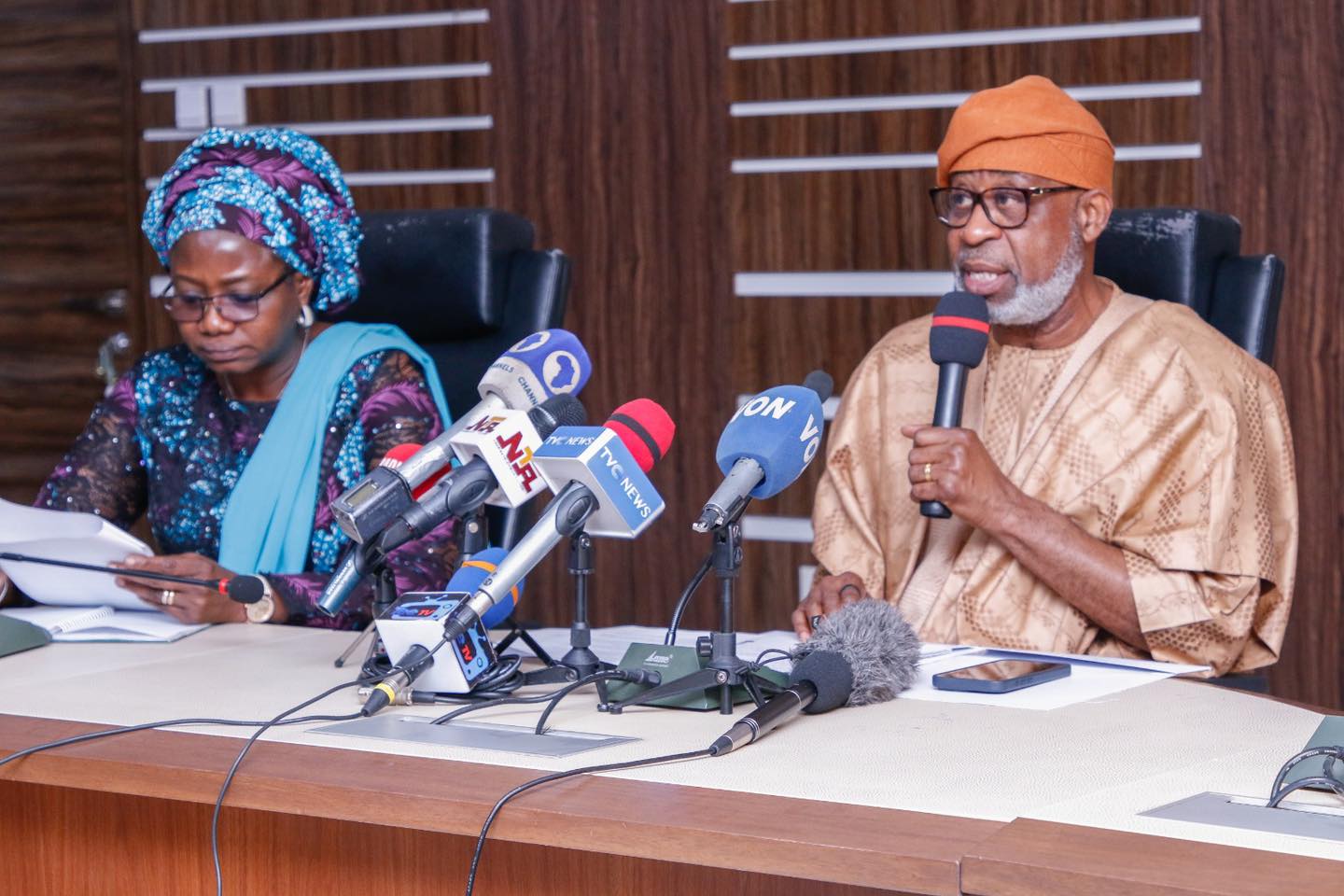By Olutayo Irantiola
The unfolding University degree saga in Nigeria has brought to the fore the need for our country to look inward and strengthen our academic heritage. It is pretty unfortunate where we have found ourselves as a country. I am not a beneficiary of the heydays when university students each chicken on Sundays, but the system has continued to nosedive year in and year out.
It is getting to a point where the federal government needs to evaluate its students across the globe so that we can effectively understand our situation. What do people want from the Nigerian educational system to ascertain where we are getting it wrong? This brings to mind the number of students who are “exiled” so that they can get globally competitive certificates. In 2022 and 2023 respectively, Nigerian students have experienced war in Sudan Russia and Ukraine.
One of the most disheartening things about our tertiary institution is that passing the West African Examination Council Nigeria (WASC), Joint Admission Matriculation Board Examinations, and Post-JAMB of the various institutions, you are not guaranteed admission into your course of choice and even the university of choice. You have to scramble for admission; seek a lecturer to help follow up on your admission. All these gave rise to people seeking admission in neighbouring countries.
With a burgeoning youthful population, there is a need for the government to enlarge the capacity of the various institutions, but we keep tightening the admission measures as typified above. We cannot continue to allot admission quotas to institutions every session and expect parents who do not know anyone to keep their children at home for years while waiting for admission.
Until recently, first-class degrees were rare in Federal and State Universities because many lecturers believed that God was the only one who owned first-class while the lecturer owned second-class upper degrees, and students could jostle second-class lower and third-class degrees. Whereas the labour market had labelled students with such degrees as “half-baked and unemployable”. All these made parents get loans to train their children in all these mushroom institutions in the neighbouring countries.
Aside from the deep-pocket Nigerians who can afford to send their children to Ivy League universities in Europe and America, people are looking for ways in which their wards will save years in the university due to the incessant strikes that last many months. Meanwhile, the government and the academic workforce have little or nothing to lose at the expense of the students’ lives. How long will Nigerian students have a timeline for completing a bachelor’s degree programme?
Another issue we have as a country is the conversion of all tertiary levels of education to Universities. No institution trains teachers again; it is now a University; no institution trains technicians again, and everyone wants to become an Engineer. People without a University education cannot go beyond certain levels in Civil Service, amongst other limitations we place on our nationals. Then, people can troop into another country to get a University degree of any type. This unrealistic demand of society has pushed students out of the country.
It might be a bitter pill to swallow, but people will want to go for any form of education, and the recent increase in fees paid in Nigerian tertiary institutions is not encouraging. Truly, the government is doing everything to reduce subsidy across the board, but Nigerians cannot see the additional value to the students. People will only go for a shortcut to beat the system as well.
There is a growing phenomenon now, Nigerians are gunning for honorary doctorate degrees, and all of these degrees are coming from the same institutions that the Ministry of Education is suspending the accreditation and evaluation of degree certificates from in Benin Republic, Togo, Uganda, Kenya and Niger Republic. Do we need to wait for a Crisis to break out before we take the appropriate steps?
I am not justifying wrongs, but it is a charge for the government and academic leaders to wake up from their age-long slumber; they need to find ways of redeeming the educational image of the country and overhauling the educational sector. A quote by the late sage, Chief Obafemi Awolowo, “To attain the goals of economic freedom and prosperity, Nigeria must do certain things as a matter of urgency and priority. It must provide free education at all levels and free health facilities for the masses of its citizens”. If it is not free now, we need to get it right if we will stop falling to the tricks being paid on Nigerians by other countries in our search for certificates.
Olutayo Irantiola,
a Lagos-based PR Consultant, Playwright and Biographer, blogs on www.peodavies.com.

















